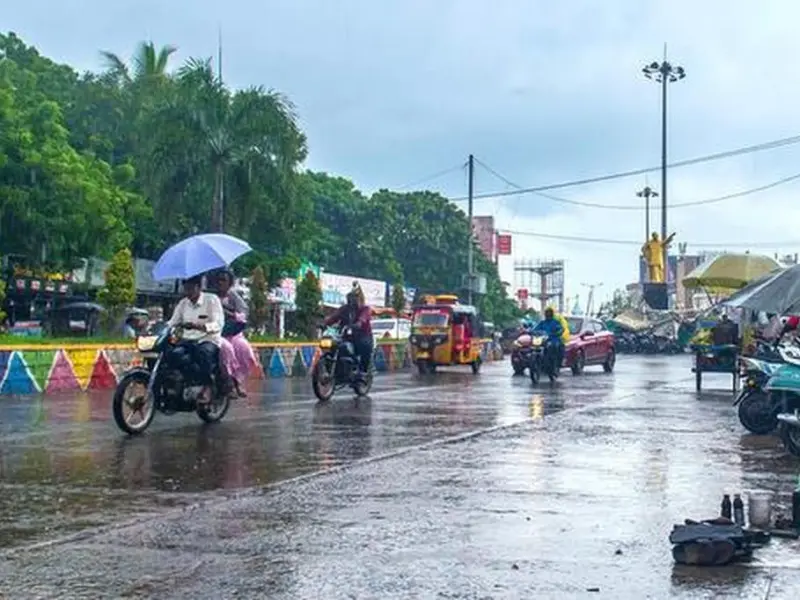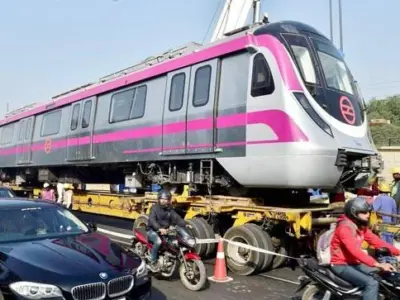In Ghaziabad, a significant discussion has unfolded regarding the Noida Sector-62 to Sahibabad metro route, marking a pivotal moment in the region’s urban planning and development efforts. This reevaluation comes in the wake of approval for the second corridor of the Regional Rapid Transit System (RRTS) extending from Ghaziabad to Jewar Airport.
The Ghaziabad Development Authority (GDA) office witnessed a crucial meeting on Monday, led by GDA Secretary Rajesh Kumar Singh, involving officials from the Delhi Metro Rail Corporation (DMRC) and the National Capital Region Transport Corporation (NCRTC). The focus was on the necessity and viability of the proposed metro corridor in light of the new RRTS corridor’s development, which is projected to pass through Vijay Nagar and Akbarpur Behrampur.
The discussion raised pertinent questions about the practicality and relevance of the Noida-Sahibabad metro route. Given the evolving transportation landscape and the introduction of the RRTS corridor, the authorities are seeking a pragmatic evaluation to determine if the metro route remains a viable project. Rajesh Kumar Singh mentioned that a feasibility report has been requested to thoroughly assess the corridor’s utility and implications.
Upon receiving the feasibility report, the findings will be forwarded to the government for further consideration. Only then will a decision be made regarding the future of the project. This careful, deliberative process underscores the authorities’ commitment to making informed, strategic decisions that align with the broader transportation and development needs of the region.
Key Highlights:
- Strategic Reevaluation: The meeting underscores a strategic approach to urban planning, ensuring that infrastructure projects like the Noida-Sahibabad metro route align with current and future transportation needs.
- Collaborative Discussion: The involvement of key stakeholders from DMRC and NCRTC highlights a collaborative effort in reevaluating the project, emphasizing a comprehensive review of the transportation network.
- Feasibility Study: The request for a feasibility report indicates a methodical and data-driven approach to decision-making, ensuring that projects are both viable and beneficial to the community.
- Future Implications: The outcome of this reevaluation will have significant implications for the region’s urban mobility landscape, potentially influencing the direction of future infrastructure development.
As the Ghaziabad region stands on the cusp of major transportation enhancements, the reevaluation of the Noida-Sahibabad metro route represents a critical step in adapting to the dynamic needs of the community, ensuring that infrastructure investments are both strategic and sustainable





